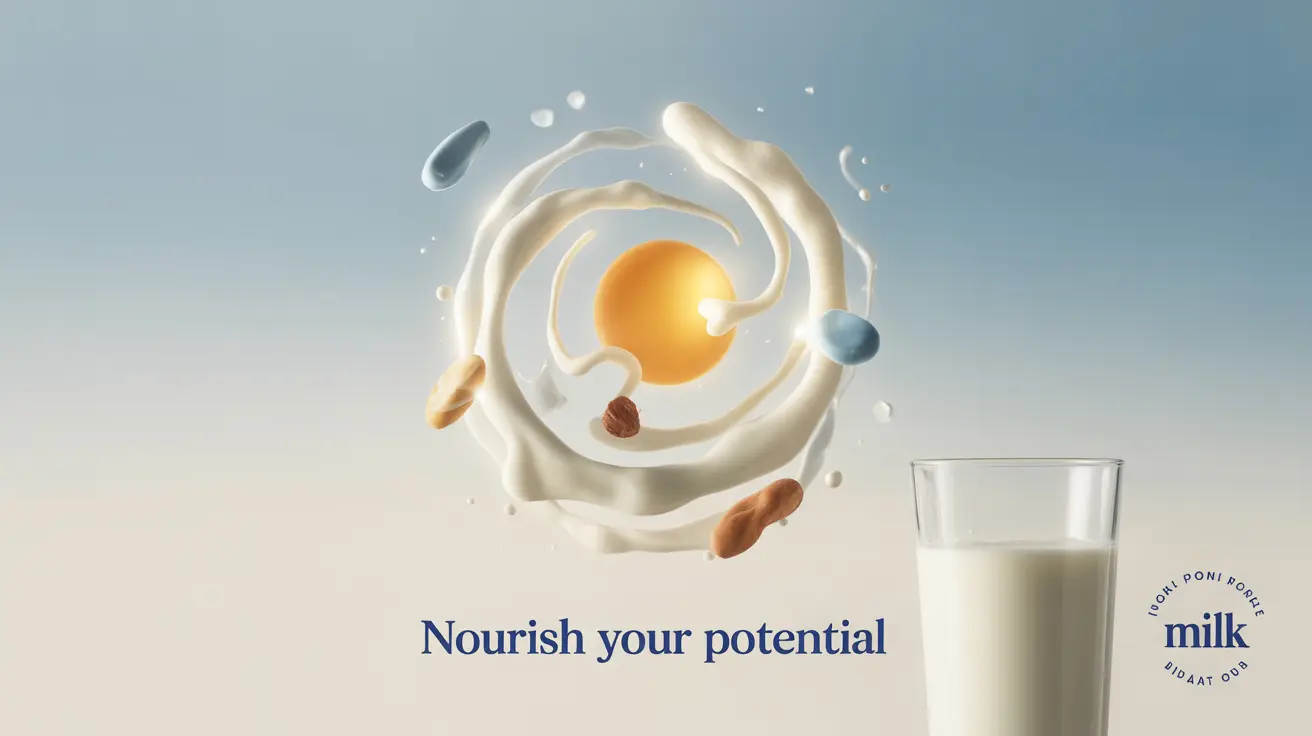If you've ever experienced an intense desire for a cold glass of milk, you're not alone. Milk cravings are common and can occur for various physiological and psychological reasons. Understanding why these cravings happen and what they might indicate about your health is crucial for maintaining optimal wellness.
In this comprehensive guide, we'll explore the various causes of milk cravings, their potential health implications, and effective ways to manage them while ensuring proper nutrition.
The Science Behind Milk Cravings
Milk cravings often stem from your body's natural response to specific nutritional needs or environmental factors. The complex composition of milk, including proteins, fats, vitamins, and minerals, makes it a common target for cravings when your body requires certain nutrients.
Nutritional Deficiencies and Milk Cravings
One of the primary reasons people experience milk cravings is potential nutritional deficiencies. Milk is rich in essential nutrients including:
- Calcium
- Vitamin D
- Protein
- Vitamin B12
- Potassium
When your body lacks these nutrients, it may signal this need through specific cravings. This is your body's natural way of seeking out foods that contain the nutrients it requires.
Physical and Emotional Triggers
Digestive Comfort
Milk can provide relief from various digestive issues, which might explain why you're craving it. The proteins and fats in milk can:
- Coat the stomach lining
- Help neutralize stomach acid
- Provide temporary relief from heartburn
- Soothe discomfort from spicy foods
Emotional and Psychological Factors
Sometimes, milk cravings have psychological roots. Milk might remind you of comfort foods from childhood or represent a sense of security and well-being. This emotional connection can trigger cravings during times of stress or emotional distress.
Managing Milk Cravings Healthily
While it's perfectly fine to enjoy milk in moderation, it's important to manage cravings in a healthy way. Here are some effective strategies:
- Ensure adequate calcium intake from various sources
- Stay properly hydrated throughout the day
- Monitor your vitamin D levels
- Consider alternative calcium-rich foods
- Practice mindful eating
Alternative Sources of Nutrients
If you're lactose intolerant or choosing to limit dairy intake, you can still satisfy your body's nutritional needs through other sources:
- Fortified plant-based milk alternatives
- Leafy green vegetables
- Fish with soft bones
- Seeds and nuts
- Fortified cereals and juices
Frequently Asked Questions
Why do I keep craving milk even when I'm not hungry?
Milk cravings when not hungry often indicate specific nutrient needs, particularly for calcium or vitamin D. They can also be triggered by emotional factors or the need for comfort. Sometimes, these cravings might signal dehydration since milk contains both water and electrolytes.
Can craving milk be a sign of calcium or vitamin D deficiency?
Yes, intense milk cravings can indeed signal calcium or vitamin D deficiency. Your body might instinctively crave milk because it's a rich source of both these nutrients. However, a proper medical diagnosis is necessary to confirm any deficiencies.
How does drinking milk help with heartburn or spicy food discomfort?
Milk provides temporary relief from heartburn and spicy food discomfort due to its protein content and mild alkaline nature. It creates a coating effect in the stomach and esophagus, helping to neutralize acid and soothe irritation from spicy foods.
What are healthy ways to manage or reduce milk cravings?
Healthy management of milk cravings includes ensuring adequate nutrition through varied food sources, staying well-hydrated, and addressing any underlying emotional triggers. Consider consulting a healthcare provider to rule out nutritional deficiencies.
Is craving milk related to dehydration, and how can I tell the difference?
Milk cravings can be related to dehydration since milk provides both hydration and electrolytes. To distinguish between thirst and true milk cravings, try drinking water first. If the craving persists, it might be related to other nutritional or emotional needs rather than simple dehydration.




